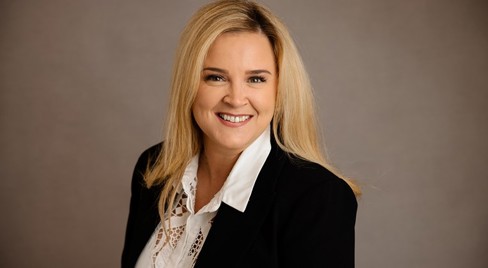When someone says “research and development,” your mind might jump to scientists in lab coats, Bunsen burners blazing, and test tubes bubbling away. That’s definitely one kind of R&D, but it’s far from the whole picture.
R&D tax relief isn’t just for high-tech labs or rocket scientists. In fact, many businesses in industries you wouldn’t usually associate with R&D are doing eligible work, without even realising it.
Who Can Claim R&D Tax Credits?
According to HMRC, any project trying to advance in science or technology could qualify as R&D. This means that other sectors might be conducting qualifying R&D without even knowing it!
If your company is developing a new product, refining a process, or significantly upgrading an existing service, it’ll be worth reading on. The core requirements for an eligible R&D project are:
- A project in science or technology
- That seeks to advance the field beyond the existing state of the art
- Through the attempted resolution of scientific or technological uncertainty
Not quite sure if you qualify? Check out our recent blog on the definition of R&D per HMRC.
This broad definition opens the door for a wide range of sectors to make a claim, even those that don’t traditionally think of themselves as “R&D-focused.”
Unexpected Industries Doing Eligible R&D
Here are just a few examples of non-traditional industries with potential R&D claims:
- Agriculture – trialling new sowing techniques to boost crop yields
- Transport – building algorithms to reduce traffic incidents
- Education – developing AI models for personalised learning apps
- Food processing – automating quality control with new tech
- Fashion – inventing sustainable materials for modern clothing
If your business is solving hard problems with no guaranteed solution, there’s a good chance you're doing R&D.
Beware – Not All Innovation Is Eligible
It’s important to draw the line between “doing something new” and doing eligible R&D. HMRC is looking for work that another expert in the field couldn’t easily figure out. It needs to generate new knowledge, not just for your company, but for the wider industry.
With HMRC tightening the rules, it’s more important than ever to be sure your project stands up to scrutiny.
A Real-World Reminder
In a recent high-profile case, Dundee United FC’s £1.27 million claim came under fire. Why? They included meal prep by their chef and player training sessions as R&D. HMRC wasn’t impressed. The case is still pending, but it highlights a key takeaway: get your claim right, or risk it being rejected.
And unfortunately, some cowboy consultants don’t help. They encourage businesses to submit weak or ineligible claims, then disappear with their fee. To crack down on this, HMRC now requires all claims to include an Additional Information Form, explaining your project, how it qualifies, and who advised you.
Fashion Example: A Tale of Two Claims
Let’s look at a fictional (but realistic) scenario involving an outdoor clothing company, Company A. Their accounting period runs from 1 January to 31 December, and they made three claims (2023, 2024 and 2025).
Successful Claim (2023)
Company A developed a new water-resistant yet breathable fabric for hiking jackets. Creating this material involved scientific challenges around the fabric’s structure and moisture permeability. They claimed R&D tax relief for this work and it was approved.
Unsuccessful Claim (2024)
After releasing the fabric, they distributed samples for user feedback. People liked the performance but disliked the texture and look.
Having successfully claimed for the material’s development in the previous year, Company A submitted their market testing activities for R&D tax relief.
However, the claim was rejected. HMRC explained that, although the project involved a new product, testing its commercial potential and user appeal did not meet the requirements for R&D tax relief. These activities focused on marketability, not on resolving scientific or technological uncertainties.
Successful Claim (2025)
In 2025, determined to improve the fabric based on user feedback, Company A took on a new project to adjust the fabric’s weave and structure to address the skin feel and appearance issues. This involved significant challenges in material science, as the team needed to find a way to alter the texture without compromising breathability or water resistance.
The company again submitted an R&D tax credit claim, this time for their development work, without including any market research costs or commercialisation activity. Because the team was working to overcome a genuine scientific uncertainty, the project qualified as R&D.
Claiming for Eligible R&D Activity
R&D happens in more places than you'd think, but not every new idea or process qualifies. If you’re pushing boundaries in science or technology, even in a non-tech industry, you could be eligible.
Just know that claims from “unusual” sectors may get extra scrutiny. A genuine R&D project from a nursing home, for example, might face more questions than one from a software firm, even if both are fully valid.
Why Work With Tax Cloud?
The key to a strong, successful claim? Getting expert guidance from day one.
At Tax Cloud, we help businesses navigate the R&D tax relief process from start to finish. Our platform simplifies documentation, keeps you compliant, and ensures your project meets HMRC’s criteria, including the new Advance Notification rules.
We even offer free consultations, so you can find out if your project qualifies before committing to a claim.
Let’s take the guesswork out of R&D tax credits. Get in touch with our team today and see what you could be claiming.







